If You Were Palestinian, Would You Fight For Independence?
It's hypocritical for America to celebrate its revolution while denying revolutionary rights to others.
This week brings the Fourth of July, a celebration of America’s bloody struggle for independence. According to the mythos this holiday extols, the United States was birthed from the public’s yearning for liberty and self-governance. Fed up with the tyranny of the British monarch, Americans of all ilks took up arms to break free of subjugation and start a government for the people, by the people. Independence Day is the pinnacle of this patriotic emotion, but it exists year-round. Right-wing apparel loves colonial-era emblems, and my beloved New England Patriots still use musket-carrying minutemen as mascots, invoking the region’s historic commitment to armed revolution.

Americans are not only comfortable with our country’s history of violent revolution — we cherish it as a pillar of our national identity. So, why is it that so many of us are revolted when other nations use these same methods to achieve their own right to self-determination? With one hand, we wave American flags celebrating our rejection of tyranny while the other carries the banner of Israel, a nation that imposes colonial conditions far worse than any instituted by King George. It is the highest of hypocrisies for Americans to celebrate our own revolution while condemning Palestinian revolutionaries as terrorists and savages. This contradiction in values becomes clear when we place ourselves in the shoes of Palestinians and ask ourselves: “If this was us, would we fight?”
Life In Palestine
Imagine the following scenario: Canada has invaded the United States. Over the last century, the Canadian military has dissected the continent, driving Americans into refugeedom on the opposing coasts.
On the West Coast, life is bleak. Every year, the Canadian government encroaches further into internationally-recognized American territory, destroying thousands of homes so that it may build heavily militarized settlements for Canadians. They’ve stated their intent to keep building settlements all the way to the Pacific Ocean, which forces you to wonder where you and your family are supposed to go.
Leading this colonial expansion is the Canadian army, which considers you and your family as less-than-human. Soldiers murder your children for offenses as trivial as throwing stones at their bulldozers. Last year, they killed 507 Americans. Even when their violence is blatantly inexcusable, the Canadian government doesn’t hold them accountable. When a soldier shot an innocent man and killed those who tried to save him, the Canadian government “punished” the murderer with three months of community service. (In Canada, of course.) Every year, thousands of Americans disappear into Canadian prisons on the orders of kangaroo military courts that have a 98% conviction rate. Once inside, they’re subjected to unimaginable horrors: torture, rape, starvation. You pray that if your children are taken, they’ll be given a quick death.
Even if you keep to yourself, Canada makes your life miserable. They force you to drive on segregated roads that turn once-routine tasks into day-long journeys. What was once a ten minute drive to the store takes hours. There are direct roads you could use, but those are reserved for Canadians.
As bad as life on the West Coast might sound, the East Coast is even worse.
A decade ago, the Canadian government built a wall around Boston, entrapping the millions who fled the original invasion. No one can enter or leave without Canada’s permission, making Boston the world’s largest concentration camp. Those trapped inside are given only four hours of electricity a day. Canadian officials have “put Boston on a diet” (their words). They count the calories allowed into the city, providing just enough to avoid famine while keeping you docile.
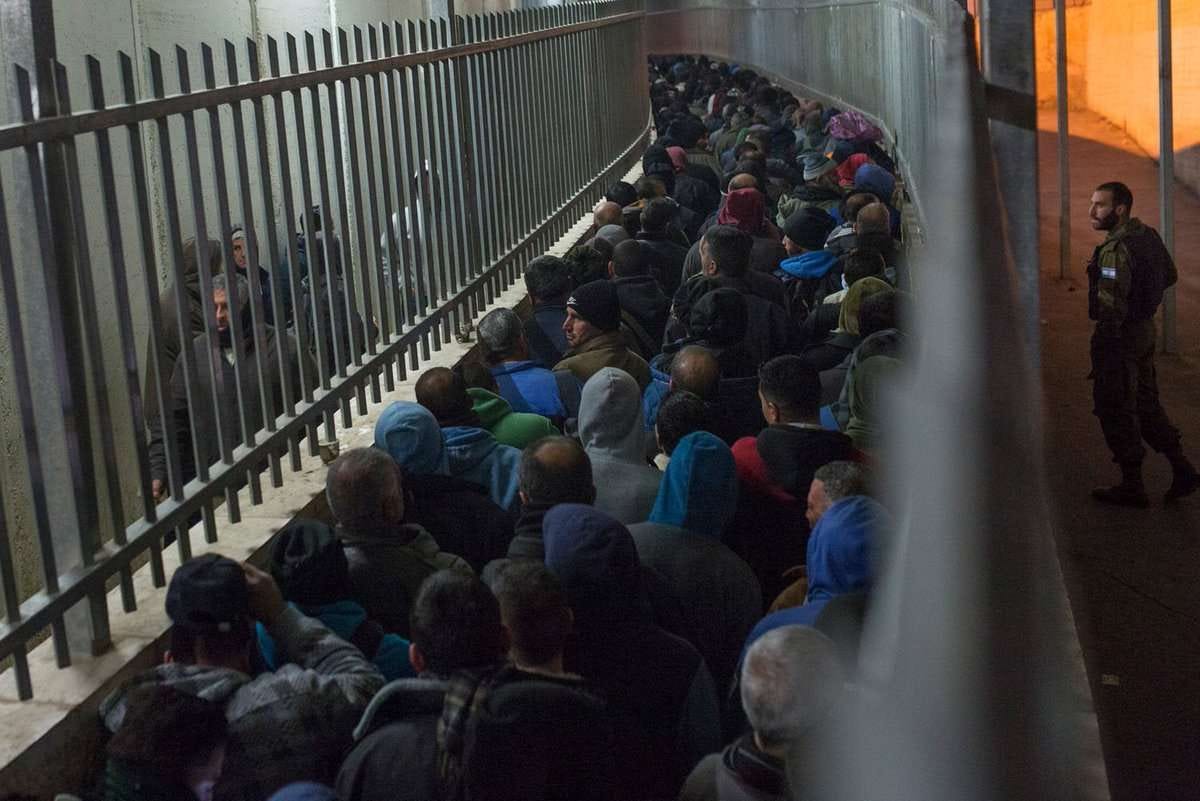
Naturally, Boston’s economy is in shambles. 81% of your community lives in poverty. 61% don’t know where their next meal is coming from. Per-capita GDP is just over $1,000. 80% of Boston relies on humanitarian aid, which the Canadians delay at every opportunity. The local government tried to build an airport. Canada bombed it. Then they destroyed your wells. As a result, only 19% of the water Bostonians drink is fit for human consumption. But you drink it anyway. What choice do you have? This manufactured hardship kills your friends and family. Whether Canadian snipers shoot them for getting too close to the border fence or they simply die of malnutrition, the result is the same. Boston’s median age is eighteen, twenty years shorter than it would be without the Canadian occupation.
You’ve tried everything to end this siege. Negotiations with the Canadian government were met with bad-faith offers of second-class status. Pleas to the United Nations are slandered as “diplomatic terrorism.” Canada’s supporters lecture you that you should protest peaceful. When you do, Canadian soldiers kill over two hundred Americans and wound thousands more.
So I ask you, America, if this was your life, what would you do? Would you take this treatment lying down? Would you sleep through the rumbles of your stomach and the sobs of your children? Would you go about your day with the resignation that at any moment, your family could be taken from you and disappeared into a prison where they would endure unspeakable agony? Would you accept this as fate? Or would you revolt and oppose your oppressors through armed struggle, as is your right under international law? I suspect you would choose the latter.
“(The United Nations) reaffirms the legitimacy of the struggle of peoples for independence, territorial integrity, national unity and liberation from colonial domination, apartheid, and foreign occupation by all available means, including armed struggle.” - UN General Assembly Resolution 45/130
Now that we’ve put ourselves in their shoes (in conjunction the ongoing genocide omitted from the above hypothetical), it’s easy to see why so many Palestinians choose to take up arms against their Israeli oppressors. Given their situation, Americans should uphold Palestine’s right for revolutionary struggle, as we uphold and celebrate our own.
We don’t have to agree with every ideology or tactic of the Palestinian resistance. I certainly don’t, and neither do Palestinians. The Resistance is comprised of thousands of militants across dozens of groups, from Islamists to secularists to socialists. Naturally, they disagree about the micro and the macro of their struggle. These divisions are so deep that they often fight each other, as is common in decolonial scenarios.
What is of far greater importance than our approval of every tactic or statement made by certain elements of the Palestinian Resistance is the deeper recognition of its right to exist. We can disapprove of particular elements or approaches, but we should always return to the central question of the issue: If we endured the treatment Palestinians suffer every day, would we fight back? For a nation that proudly celebrates a revolutionary war waged over incremental taxes on tea, I believe the resounding answer is yes. Americans would take up arms against an imperialist oppressor and should never deny that opportunity to others.
“I really think, in a similar situation, most people would defend themselves as best they could. I think Uncle Craig would. I think probably Grandma would. I think I would.” - Rachel Corrie on Palestinian armed resistance, in an email to her mother shortly before her murder.
If you enjoyed this article, please like (click the ❤️) and send it to a friend. Don’t forget to subscribe so future articles are delivered to your inbox. Enjoy your holiday!


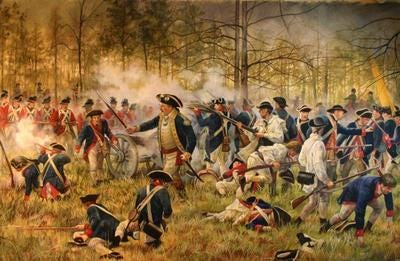
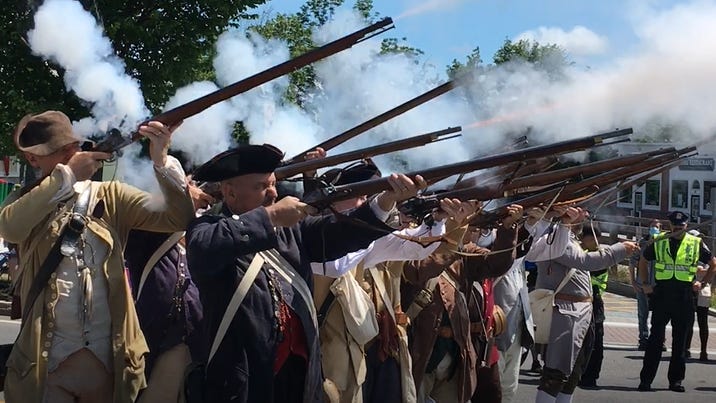
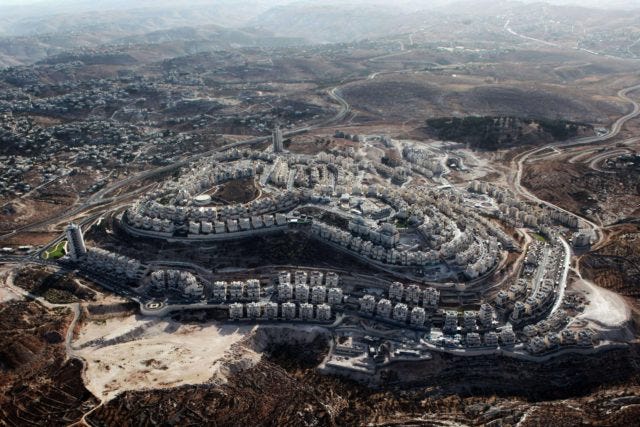
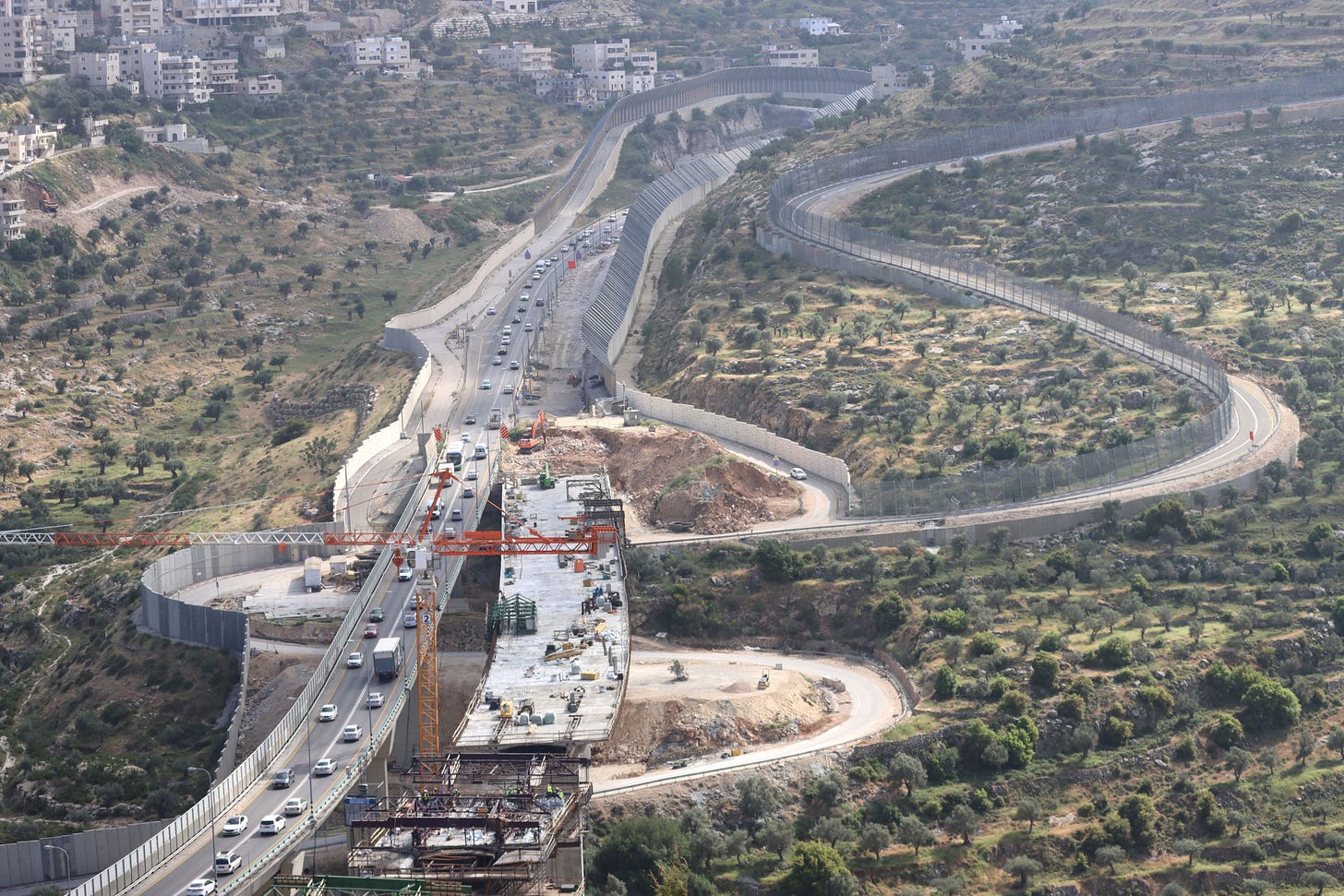
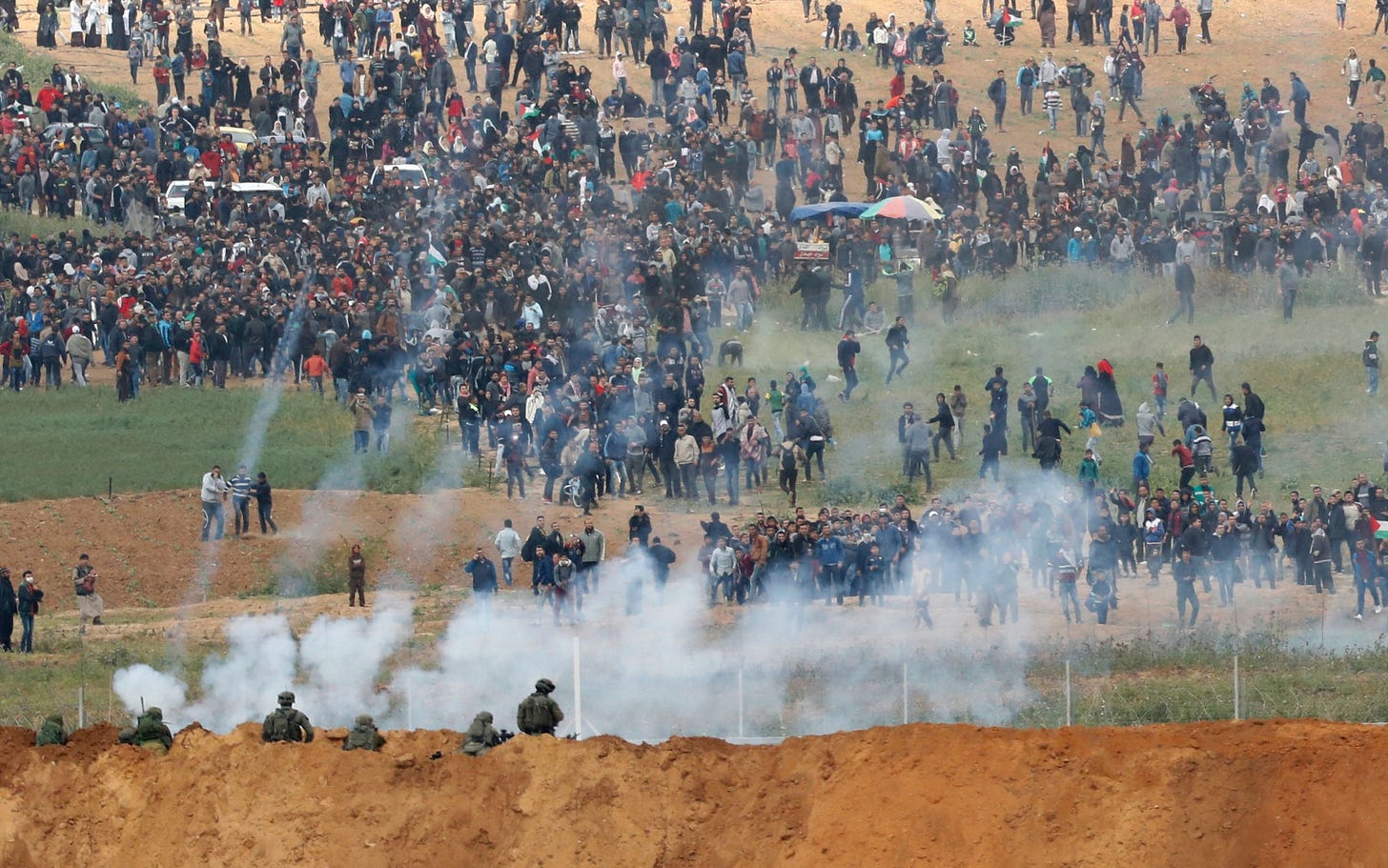

The problem may be that each of us tends to see him or herself as the protagonist of the story, which is also a story only about him or her. Anyone who is perceived as countering this narrative must, by definition, be "the baddies."
Breaking out of this narcissistic trap is the job of parents and others in society who themselves have broken through. Unfortunately, extending that necessary narcissism, beyond when needed for survival, say, maybe the first half-dozen years, becomes toxic, and when transposed onto the greater society, American Exceptionalism, becomes deadly, not only to others, but to our/themselves.
Pushing back on the hypocrisy is always on order.
Thank you!
I would like to (wryly) note that I’m writing this from the Philippines. There’s a reason Independence Day is celebrated on a different day from the anniversary of it actually gaining sovereignty--those declaring independence from Spain intended for the Americans to back off.
After June 12, 1898 the rebels fought the Americans in the 1900s and lost, in one of the few examples of the US winning an asymmetrical war, marked by one of the first recorded uses of concentration camps. Fortunately, there were enough DC anti-imperialists in both parties advocating for Philippine sovereignty that it was granted...on July 4, 1946 (and also some of them wanted it out of opposition to a multiracial America). The lesson, I suppose, is that America’s more unnervingly like Britain than one’d think